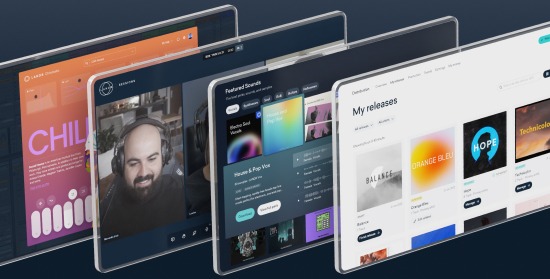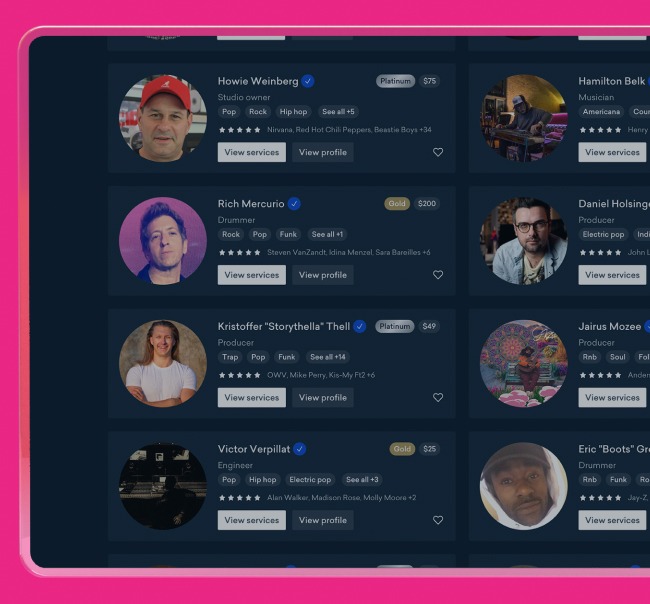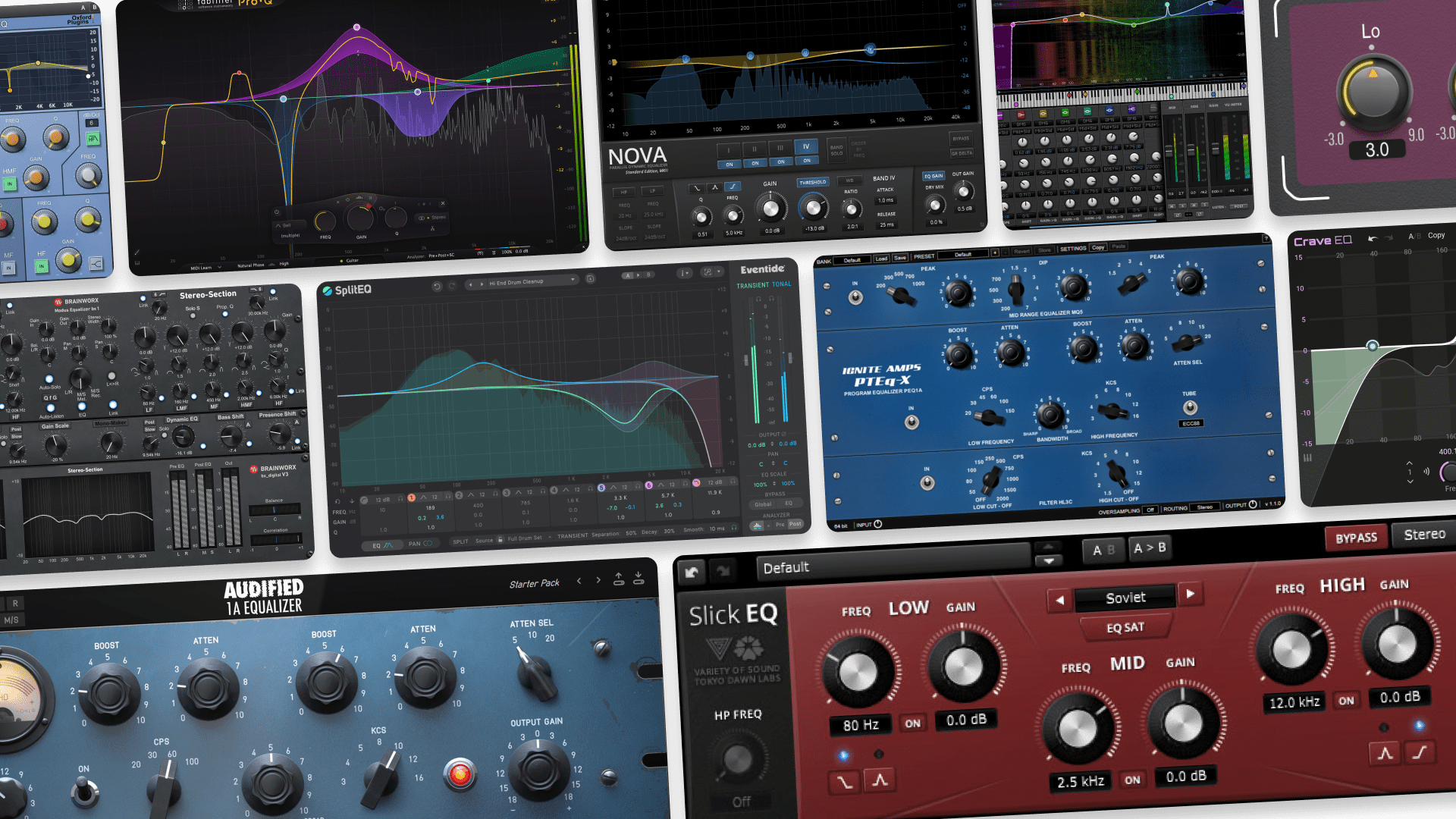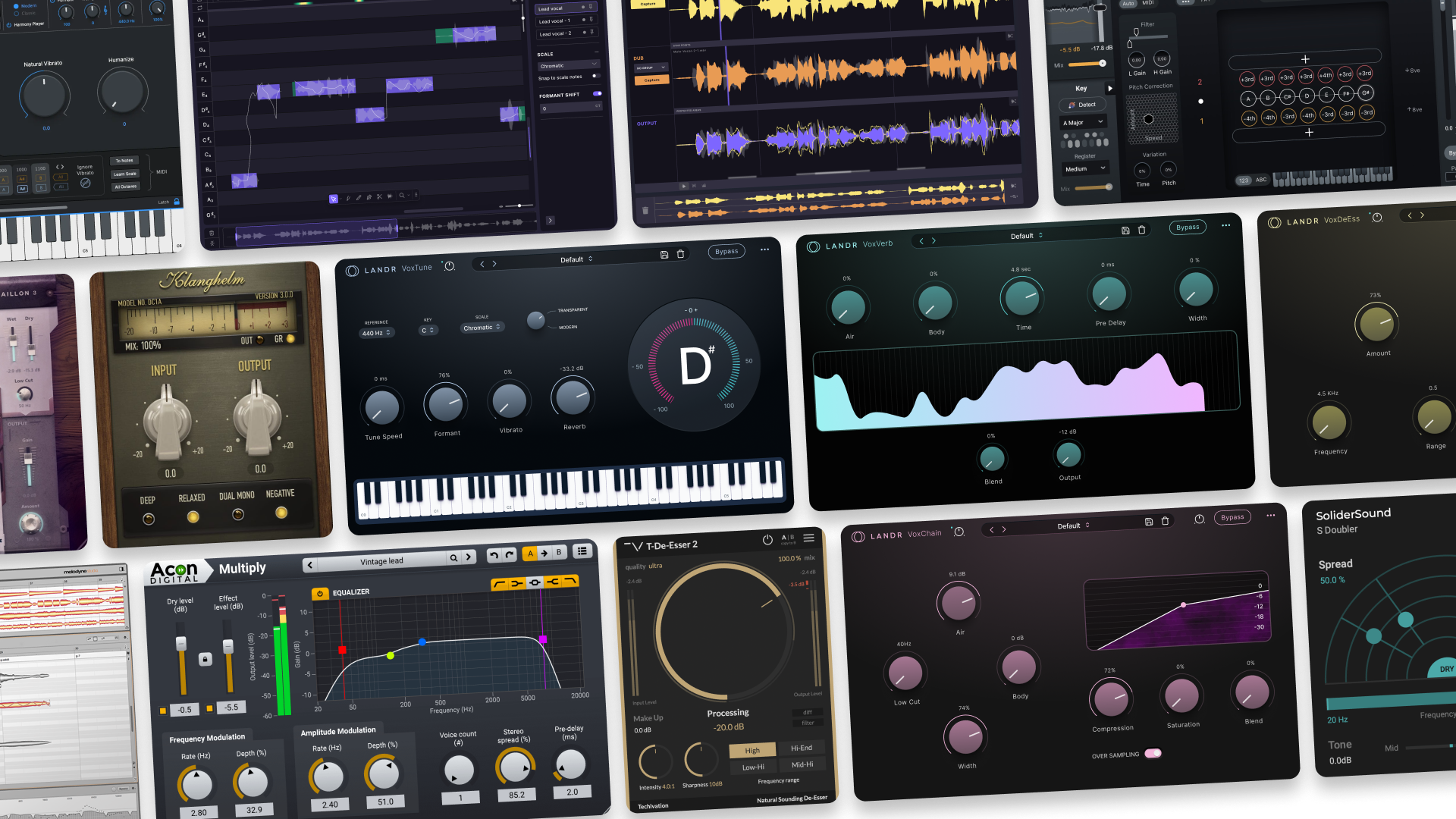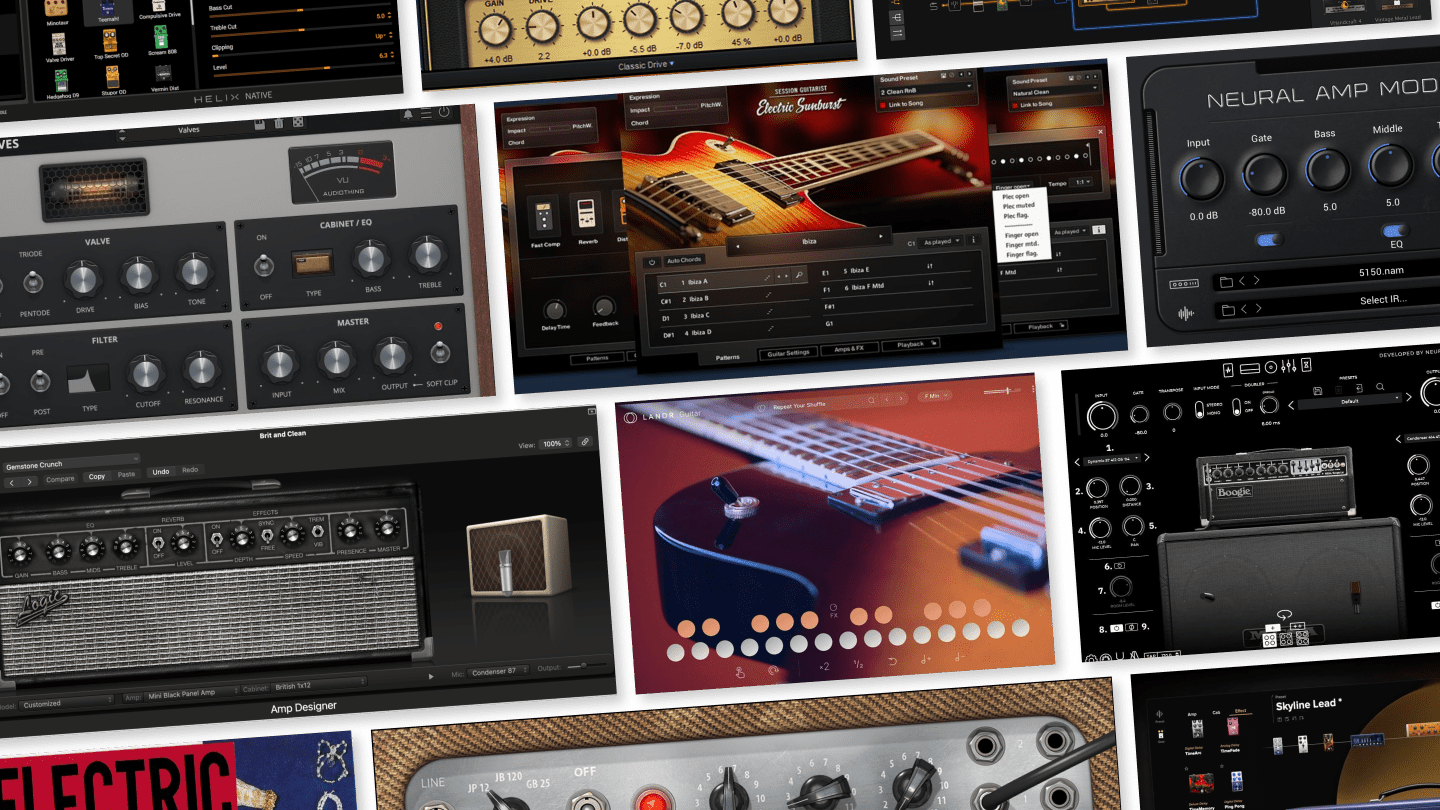
What are Session Drummers? The Basics of Pro Drumming Explained
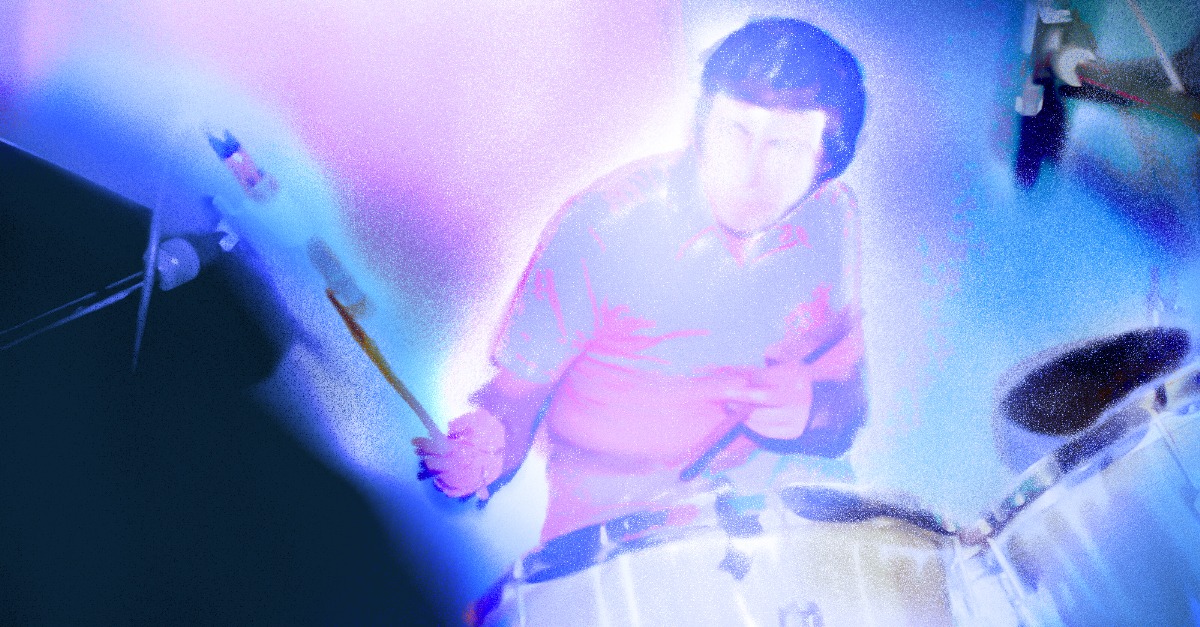
The best drums are real drums. And some of the best real drums on some of the best albums ever were played by session drummers—laying down iconic drum recordings one project at a time.
You already know the myth and the lore of session drummers…
But what are session drummers and what do they really do?
And more importantly, how do they work, how can they fit into your projects and how can you hire them to give you the crispy drum tracks of your dreams?
In this article, you’ll learn all about the ins and outs of session drummers and how they can give your projects the drummer’s touch.
What are session drummers?
A real drummer gives you access to no-compromise drum tracks that fit exactly what you’re hearing in your head.
Session drummers are drummers for hire contracted on a short-term basis by bands, artists, and producers. Session drummer gigs can include drumming in a backing band on tour, or recording drum tracks for single songs or albums.
Traditionally, session drummer gigs like these comprise a large amount of what session drummers do, but the rise of online gig platforms for musicians have helped expand what types of projects session drummers work on, and where they can collaborate from.
What do session drummers do?
Session drummers can fill many different roles depending on the needs of a project.
Some of the more common roles of session drummers include:
Studio drummers
Studio drummers provide specific drum recordings for a whole song, parts of a song, or across a whole album.
As the name studio drummer suggests, this type of session drummer gig is often needed during the studio recording process of musicians, producers or bands who need drum accompaniment during studio sessions.
Traditionally drummers would spend time in the studio with the producers or artists to track their drummers. However, remote collaboration has allowed session drummers to work remotely on these types of gigs.
Backing or touring drummers
Backing drummers, also known as touring drummers depending on the project, provide services as part of a backing band or ensemble that typically plays in a live setting.
In many cases, a player who provides all or some of the drum recordings for a studio session or album will double as the backing drummer.
However, while an album or project may include several drummers that vary across songs, a backing or touring drummer will typically play many or all of the drum parts for a performance.
The benefits of hiring a session drummer
So why is hiring a session drummer useful? Especially when programmed drums and drum samples dominate popular music?
First of all, recording and tracking your drum parts with a session drummer gives you unparalleled freedom to do whatever you want creatively and collaboratively.
Sampled and programmed drums always come with a ceiling and are often hard, complicated and time-consuming to edit, program and comp.
A real drummer gives you access to no-compromise drum tracks that fit exactly what you’re hearing in your head.
Additionally, recording and tracking your own drums is one of the most difficult aspects of recording.
An expert drummer will often bring technical know-how to your project and can even provide tools like overhead mics, suitable spaces for recording drums, and cleaner overall recordings you’d never be able to achieve on your own.
Hiring a session drummer doesn’t have to mean recording an entire project either.
A session drummer gig could be as simple as recording some drum break samples to cut up later, or providing some alternate fills on a song you’re already working on.
How to find and hire session drummers
If you live in a city with a solid music scene, hiring session drummers from within your network is always a good option.
But it can be hard to find variety and expertise that fits your project—especially if you’re strapped for time or are looking for a specific sound.
An easy way to expand your options is to hire session drummers online using a gig network like LANDR Network.
It’s a fast, simple and affordable option to find the right drummers and the right recordings for your projects.
Working and collaborating remotely lets you hire drummers for projects big and small, and expand your relationships and networks outside of your own community.
How to become a session drummer
Networking, building relationships and expanding your connections is the best way to get started with becoming a session drummer.
Even when you’re networking in person, an online presence is a must for showcasing your sound, past projects, availability and expertise to potential clients.
For example, consider creating an account on gig networking platforms such as LANDR Network. It’s a great way to find extra opportunities that you wouldn’t get otherwise.
If you’re able, building relationships with local venues, studios or local music programs is also a decent option to start your network
Hot tip: If you’re a session drummer, head over to LANDR Network and create a profile to start finding gigs!
How to work with a session drummer
To get the most out of a working relationship between a producer and a session drummer there’s a few expectations to keep in mind on both sides.
Here’s what you should be looking out for.
Your track should be ready for drums
You need something that a drummer can play over.
Generally, this means having a project reasonably close to completion in a DAW that you can share either as a saved DAW project or in stem format.
Share a project that’s reasonably close to completion.
It’s also best to have a decent mix of your track ready, so the drummer can hear everything that’s going on and be able to make decisions based on what’s going on in the music.
So, don’t forget to include a vocal track and clearly mark sections and changes in instrumentation—these are cues that a good drummer will listen and play to.
You should be able to describe what you want in the drum take
If you want the best results you should describe what you want within your drum take.
That means explaining how and when the drums evolve over the course of the song, the kind of drumbeat you want and the overall style of drums you expect.
For example, if your track starts off with guitars and vocals only and features a tom breakdown during the bridge—you need to specify that.
Keeping your requirements clear will help everyone get as close to a dream take as possible.
You don’t need to be an expert in drum patterns to be able to communicate the general style of drums you want in your track.
But, knowing a few drum styles and patterns can help when explaining the general sound of what you need in your track.
We’ve covered the ten most common drum patterns in other articles, so feel free to reference those if you need a hand.
Use song form and drum kit terminology in your directions
Get familiar with the different parts of the drum kit and use common song form terminology to describe what you want in each part of the song.
It’ll help make everything super clear for your drummer when you can say something like—”I want a tom breakdown in the bridge, a simple hi-hat beat in the verse and go all out on the crash in the chorus”.
Keeping your requirements clear will help everyone get as close to a dream take as possible.
Hot tip: Do your drummer a favor and include the BPM you’ve tracked everything to. If you’re sending your track in stem format, considering including a version with a click track.
Don’t walk, drum
I can always tell when I’m listening to a drum track that was made with a computer.
Sure—electronically produced drums work and are integral to many genres of music, especially electronic.
But live drums are so important in many popular genres—especially neo-soul, country, rock, R&B and even hip-hop.
Fortunately, good drummers aren’t as hard to find as they once we’re, especially with online gig networks like LANDR Network.
If you produce music that’s begging for a live drum take, now you know why getting a good session drummer on your track is so important.
Gear guides, tips, tutorials, inspiration and more—delivered weekly.
Keep up with the LANDR Blog.
